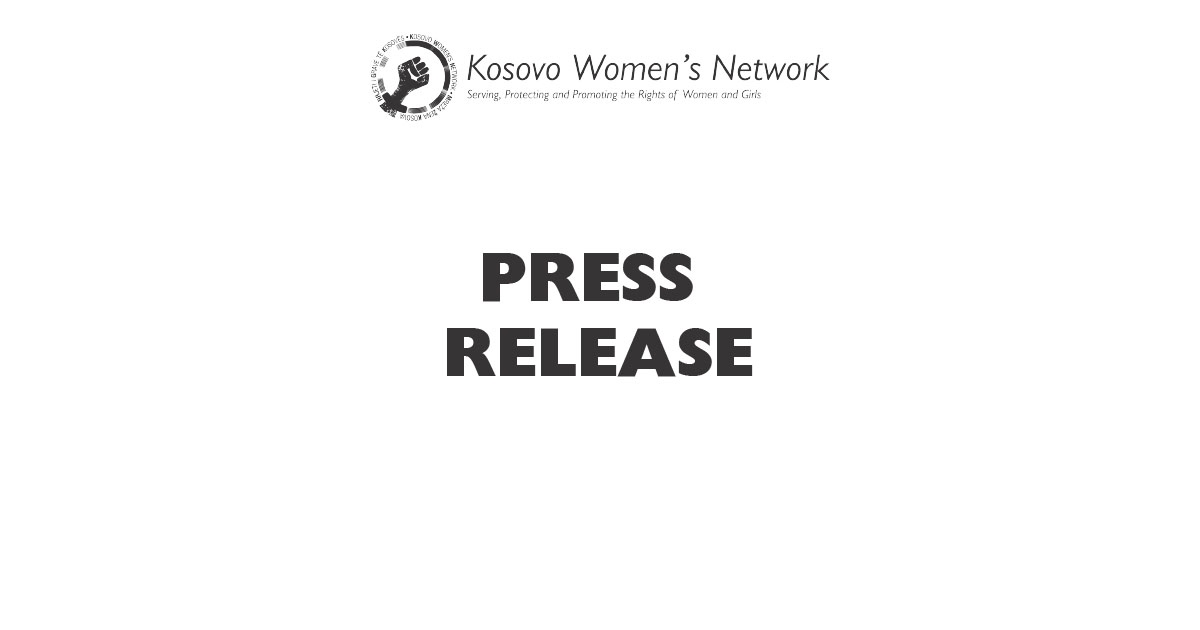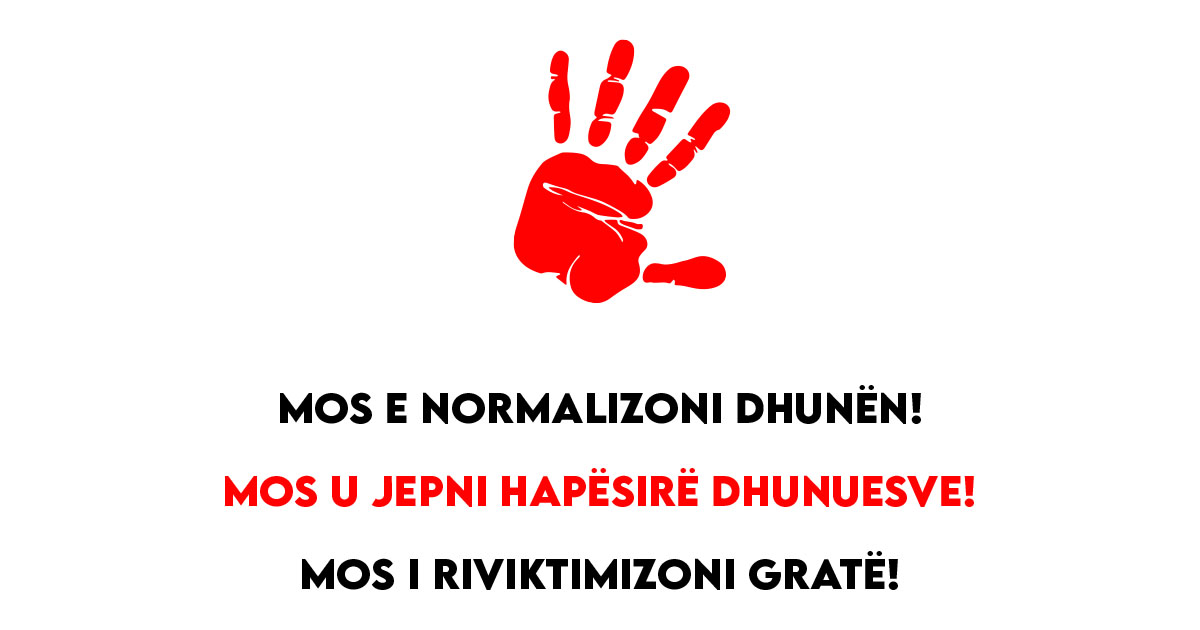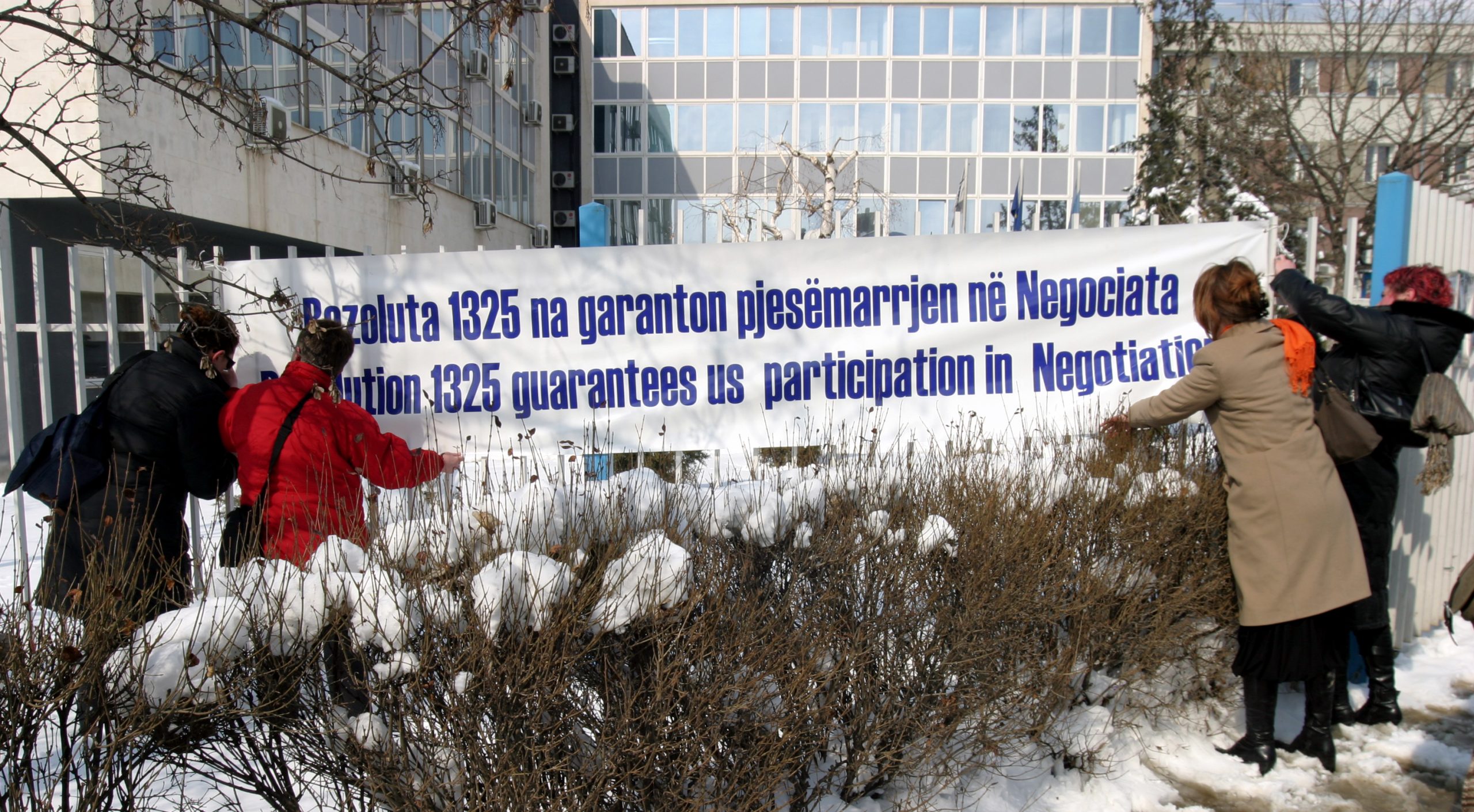As Kosovo prepares for early general elections in February 2021, the Security and Gender Group (SGG) urges the Central Election Commission (CEC) to adhere to the requirements set out under the Law on Gender Equality and guarantee equal representation of women and men in election lists as required by the Law.
The Security and Gender Group reminds the Central Election Commission of the obligation to ensure equal gender representation during the electoral process in accordance with the Law on Gender Equality, which stipulates that:
“Legislative, executive, judicial bodies at all levels and other public institutions shall be obliged to adopt and implement special measures to increase representation of underrepresented gender, until equal representation of women and men according to this Law is achieved” (Article 6, paragraph 7).
The Security and Gender Group supports the statement of the Ombudsperson Institution of Kosovo stressing the need for an electoral process which is based on the principles and guarantees established by the Kosovo laws.
Furthermore, equal participation of women and men is an essential condition for Kosovo institutions to fully observe international and regional standards as reflected in the Convention on the Elimination of all Forms of Discrimination Against Women (CEDAW) and the EU Acquis Communautaire.
The Security and Gender Group, therefore, urges the Central Election Commission to adhere to the standard of 50 per cent representation of women in election lists in line with the requirements set out under the Law on Gender Equality and not to certify lists of political entities that do not meet this requirement.
Such measures will ensure equal representation in decision-making as a necessary condition for the better functioning of a democratic society with political entities as the “gatekeepers” of democracy and women’s participation.
Note:
The Security and Gender Group (SGG) is a multi-stakeholder group, chaired by UN Women.





